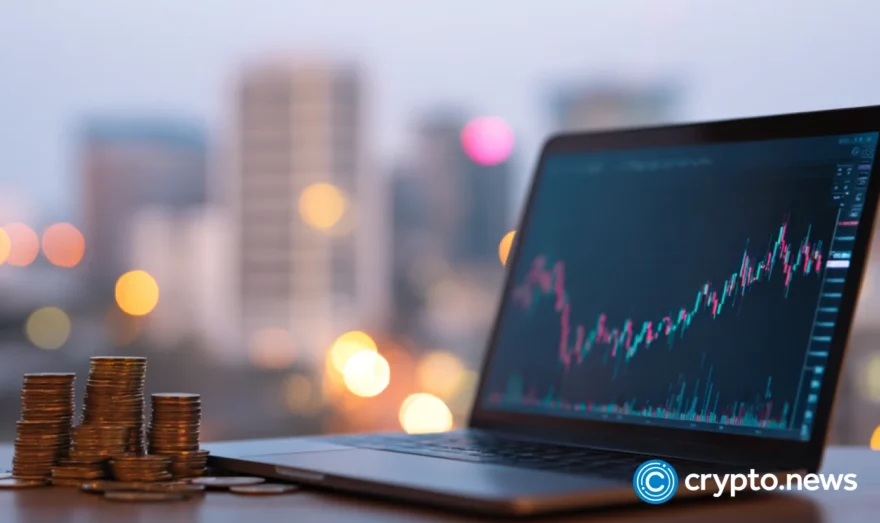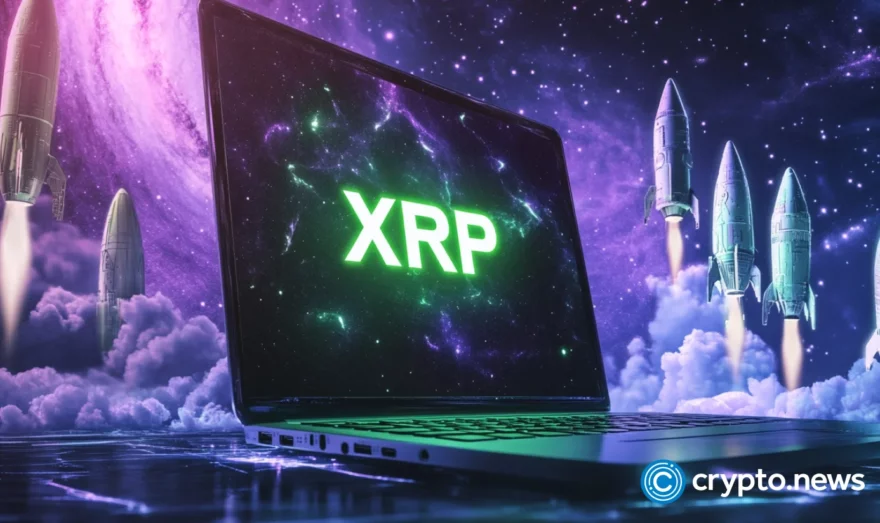What is Ripple: A complete guide to Ripple and XRP

XRP, Ripple’s digital currency on the XRP Ledger, is making waves among major financial institutions. What’s driving its influence?
Table of Contents
Ripple explained: what is Ripple?
Ripple was developed as an alternative system for faster, cheaper international payments. Using its own cryptocurrency known as XRP, Ripple’s RippleNet promises to be the global payment network of the future.
History of Ripple
The company Ripple first started as RipplePay in 2004. Created by software developer Ryan Fugger, the site allowed community members to extend credit to each other. The earliest form of the site didn’t have its own cryptocurrency.
In 2011, computer programmer Jed McCaleb developed XRP and its blockchain. He asked Fugger if he would consider letting XRP launch on RipplePay as a coin for seamless money transfer. Fugger agreed, and they formed a company called NewCoin to launch Ripple and XRP in 2012. This company later changed its name to OpenCoin and then Ripple.
How does Ripple work?
The Ripple network uses a consensus protocol to quickly verify whether transactions have been successfully processed. Any user can download Ripple’s validation software to confirm transactions. However, Ripple keeps node lists that users can choose from — this allows them to pick participants least likely to defraud them during verification. These trusted validators are typically well-known banks or international financial institutions.
Ripple, Coil (also founded by Ripple), and the XRP Ledger Foundation publish unique node lists, showing all participants their recommended validators. They choose validators for these default lists based on the security of their IT policies and previous performance.
Key features of Ripple
Here are Ripple’s key features:
- Low fees. Banks charge large fees for processing international transactions, but Ripple’s standard fee is much lower at 0.00001 XRP or 0.47 USD as of June 2024.
- Fast transactions. While banks can take days and Bitcoin can take hours to confirm a transaction, Ripple only takes three to five seconds to confirm cross-border transactions.
- Reputable financial institutions use it. Ripple is trusted by larger institutions like the Bank of America, Santander, and the Canadian Imperial Bank of Commerce. Many financial institutions are using Ripple’s RipplePay system for services like real-time international payments and bill settlements.
Use cases of Ripple
Ripple currently exists as an alternative network to the Society for Worldwide Interbank Financial Telecommunication, a.k.a. SWIFT, the current standard system for international payments. Ripple provides fast cross-border transactions between larger financial institutions such as banks. It offers quick currency exchange and payment settlement services using various fiat currencies and cryptocurrencies.
XRP cryptocurrency
XRP is a cryptocurrency launched in 2012, created to migrate financial transactions to the RipplePay system for faster, cheaper verification. XRP provides immediate liquidity and is used as a bridging currency. For example, if Trader A wants to swap U.S. dollars for Japanese yen, Trader A can buy XRP with U.S. dollars, then buy Japanese yen with XRP.
Like other cryptocurrencies, XRP has its own ledger for recording transactions. However, its ledger only allows selected trusted participants to validate transactions, keeping the network secure. Collectively, these selected participants are known as a unique node list.
Ripple’s validators update their crypto ledgers every three to five seconds and check if they match with other existing ledgers. This allows Ripple to securely and quickly validate its transactions compared to alternative cryptocurrencies.
How many Ripple coins are there?
Understanding the supply structure of a cryptocurrency is crucial in evaluating its price. When it comes to XRP, its creation and mining process diverge significantly from other cryptocurrencies.
All XRP tokens were generated in 2012 during the platform’s launch, resulting in a total supply of 100 billion.
Recently, the amount of XRP available on exchanges has fallen to 2.84 million, marking its lowest point since January 1st, 2024.
Security and decentralization
Some crypto enthusiasts think Ripple goes against the philosophy of cryptocurrency. Cryptocurrency was originally designed to decentralize control from large financial institutions like banks. However, Ripple’s default list of validators has created a somewhat centralized system for its transactions.
Meanwhile, the large XRP supply held by Ripple means that if Ripple ever chooses to introduce new large quantities of XRP into the market, this could negatively impact XRP’s value. This susceptibility makes XRP vulnerable to market manipulation.
Regulatory landscape
The U.S. Securities And Exchange Commission (SEC) filed a lawsuit against Ripple in December 2020. The suit alleges that Ripple failed to register XRP as a security in compliance with federal law, which meant they had illegally raised $1.38 billion from their investors. The lawsuit is still pending a resolution as of June 2024.
Future of Ripple
Ripple’s network versatility and low transaction fees have made it a promising payment system of the future. However, investing in XRP is still a gamble because of the pending legal actions against it with the SEC.
Cryptocurrencies are generally very volatile investments, and XRP is no exception. Before investing in any crypto coins, check out our other basic guides to see if they’re worth the risk. With plenty of research and quick action, your crypto investment could reap good profits.
FAQs
Why can’t I trade XRP on my preferred digital asset exchange?
XRP trading is currently suspended on U.S-based crypto exchanges because of the lawsuit that the SEC filed against Ripple in December 2020. However, you can still buy XRP on many other trusted exchanges such as eToro, Binance, and Kraken.
Can I view and monitor XRP transactions?
Yes. All of the XRP Ledger’s transactions are publicly viewable.
What’s the difference between Ripple and XRP?
Ripple and XRP have been misused interchangeably by some online resources. Ripple is the company that operates the global payment system RippleNet, while XRP is the cryptocurrency created for use on RippleNet.
Can XRP be mined?
No, the token XRP cannot be mined. XRP’s founders issued the current supply of 100 billion XRP tokens in 2012, and no new tokens have been created since. XRP tokens are not given as “rewards” to validator nodes, so there has never been any instance of XRP mining.

















